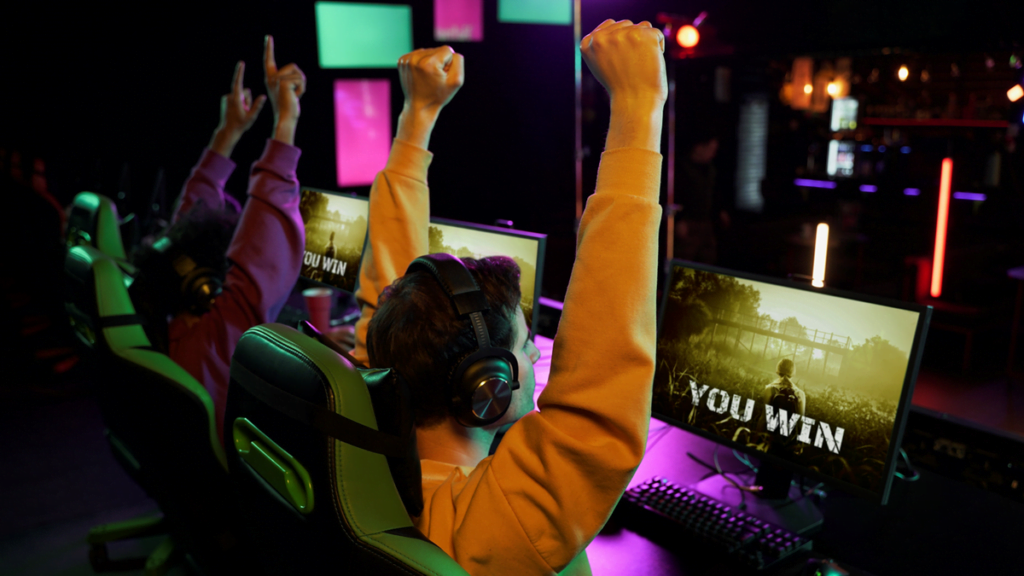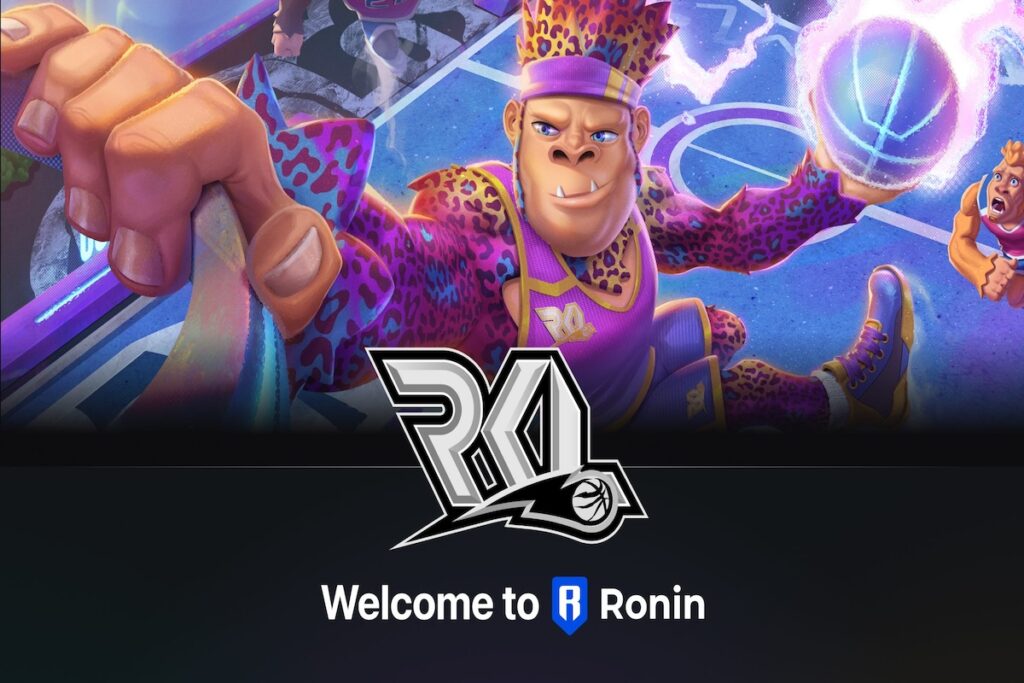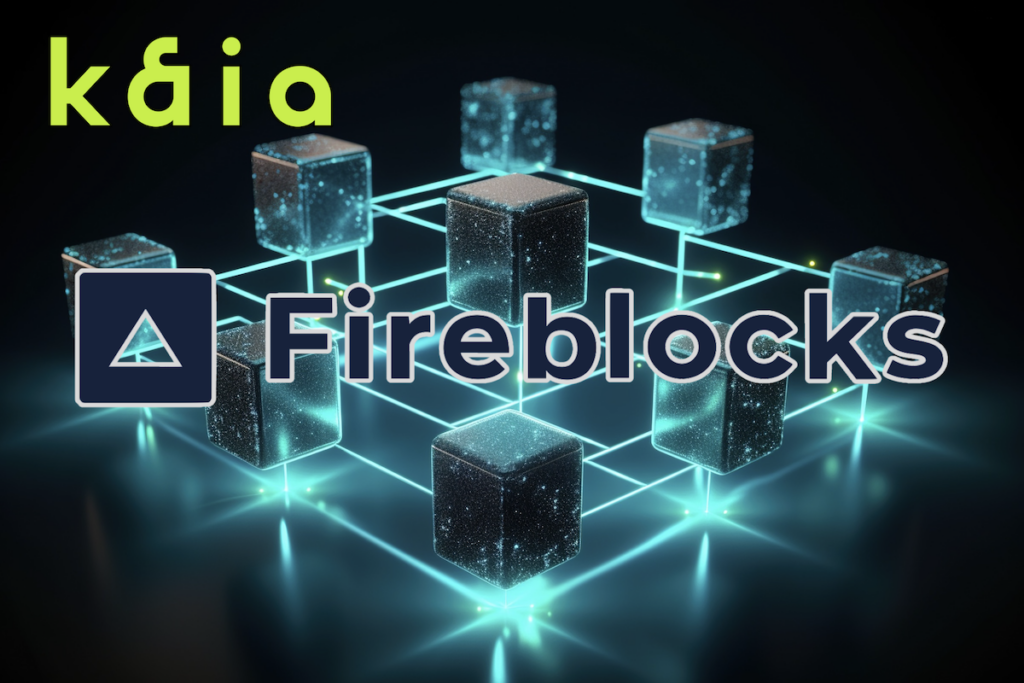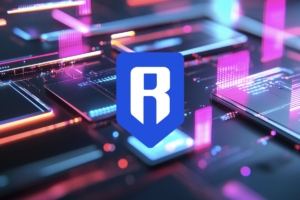P2E (play-to-earn), a term recently adopted by the gaming industry, is the term designated to the group of Web3 software and applications that provide the opportunity, for users to earn as they play games and engage in the applications. Games that are founded on the concept of P2E enable players to earn money for completing accomplishments. Additionally, players can acquire non-fungible tokens and cryptocurrencies, which can be sold on the market. Many individuals in different parts of the globe have decided to make this sector of the economy their primary source of income.
Gaming has evolved this much because of advancements in blockchain technology. Gamers can earn assets within the game, receive prizes that have real-life worth, plus gain the ability to purchase and transact virtual assets and other items via blockchain markets.
Using NFTs, games, and platforms like Decentraland and Cryptovoxels provide players with a wide variety of potential earnings opportunities. It is, however, not certain that you will be able to earn using P2E. The amount you make might vary depending on how much the game’s native currencies and the NFTs you earn are worth, the amount of time you invest, and the gaming techniques you apply.
How Do I Earn With P2E?
There are many ways to earn in-game, especially via NFTs:
Acquiring the game’s native virtual currency:
P2E games feature their own native money that may be acquired by satisfying the entry conditions to the game and then traded for fiat cash. Play-to-earn games range from applications that need players to actively participate in the games to earn rewards, to apps where you start the game and your avatars do all the work for you. The amount of money you earn from playing video games is determined by the value of the virtual currency you use, how frequently you play, and, to a significant extent, how skilled you are. Although there are certain games in which ability is not a factor.
Minting
In blockchain games, the process of minting new things is one of the various ways players may make money. Metaverse platforms such as Decentraland and Cryptovoxels have games that provide players with the ability to build wearables, 3D objects, and other collectibles and earn a percentage from the sale of these items in Web3 markets. Thanks to smart contracts that are based on blockchain technology, participants in Cryptovoxels have the opportunity to earn up to 10 percent of the cost of their in-game creations when they sell.

Scholarships
Scholarship in blockchain P2E games (e.g. Axieinfinity) means renting out in-game avatars. Players band together to rent characters from a “manager” to play games, earn, and split the profits. Generally speaking, scholarship guilds consist of the manager and the scholars (the players). The manager is the legal owner of the NFTs, but the scholars borrow the NFTs to participate in the game. Any earnings won in-game are distributed evenly among members of the guild.
Staking
Similar to scholarships, locking your tokens to gain rewards is referred to as staking. Staking your tokens involves making them accessible to other users so that they may participate in token exchanges.
You store your tokens away for a certain length of time, known as an epoch, and after that time has elapsed, you are eligible to receive rewards, which are often derived from transaction fees.
Conclusion
Play to earn is transforming gaming. As time-consuming and hectic as P2E gaming may seem, it is a great deal to earn doing something you enjoy. That is if you enjoy virtual gaming. The more time you invest and the skills you develop using the platform, the higher the income you can generate. Hopefully, we have provided you with fun options to earn on the metaverse.
Why not check out our article on how to get a job in the Metaverse, to explore more options?
Author
-

Metaverse architect, exploring the profound imprints of NFTs on virtual world-building.




